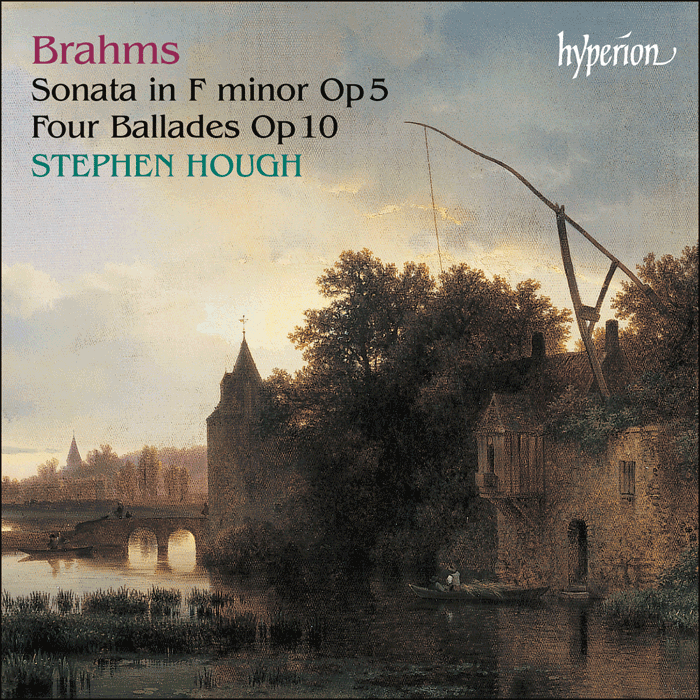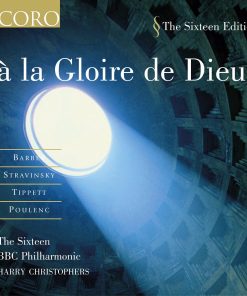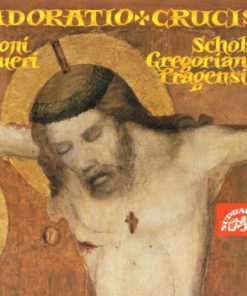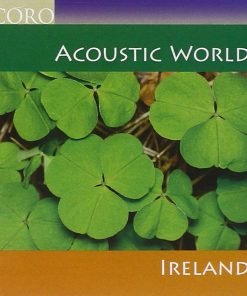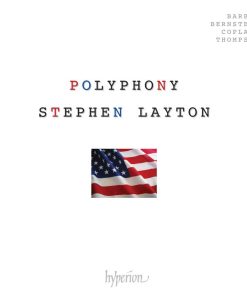Brahms: Piano Sonata No. 3 & Four Ballades – Stephen Hough Hyperion
$ 20,99 $ 12,59

Piano Sonata No 3 in F minor Op 5[37’37]
1
Allegro maestoso[10’36]
2
Andante espressivo[11’24]
3
Scherzo: Allegro energico[4’33]
4
Intermezzo (Rückblick): Andante molto[3’37]
5
Finale: Allegro moderato ma rubato[7’27]
Four Ballades Op 10[21’28]
6
No 1 in D minor: Andante[3’48]
7
No 2 in D major: Andante[5’52]
8
No 3 in B minor: Intermezzo[3’40]
9
No 4 in B major: Andante con moto[8’08]

Following his recent dazzling Liszt recital (CDA67085), Stephen Hough turns his attention to the finest works of the young Brahms. Brahms’s three piano sonatas are early works, culminating with the epic F minor Sonata. Spanning five movements, with dramatic and wildly virtuosic outer movements, and a hauntingly beautiful slow movement (described by Claudio Arrau as “the greatest love music after Tristan, and the most erotic”), this is one of the defining piano sonatas of the mid-nineteenth century.
The Ballades Op 10 are essentially miniature tone poems. The first is famously “after the Scottish Ballad Edward”, based on a gruesome tale of patricide. Although there are no programmatic hints for the remaining three Ballades, their dramatic contrasts and intense poetry suggest some sort of narrative, even if Brahms did not disclose his inspiration.
As well as being attuned to the autumnal introspection of late Brahms, Stephen Hough also has a special empathy with the passion and athleticism of Brahms’s early piano writing. This exciting disc confirms his reputation as one of the most distinguished pianists of his generation.
Fast Shipping and Professional Packing
Due to our longstanding partnership with UPS FedEx DHL and other leading international carriers, we are able to provide a range of shipping options. Our warehouse staff are highly trained to pack your goods exactly according to the specifications that we supply. Your goods will undergo a thorough examination and will be safely packaged prior to being sent out. Everyday we deliver hundreds of packages to our customers from all over the world. This is an indication of our dedication to being the largest online retailer worldwide. Warehouses and distribution centers can be located in Europe as well as the USA.
Orders with more than 1 item are assigned processing periods for each item.
Before shipment, all ordered products will be thoroughly inspected. Today, most orders will be shipped within 48 hours. The estimated delivery time is between 3-7 days.
Returns
The stock is constantly changing. It's not entirely managed by us since we are involved with multiple parties such as the factory and our storage. The actual stock can fluctuate at any time. Please understand it may happen that your order will be out of stock when the order is placed.
Our policy is valid for 30 days. If you haven't received your product within 30 days, we're not able to issue either a return or exchange.
You are able to return a product if it is unused and in the same condition when you received it. It must also still remain in the original packaging.
Related products
MUSIC CD
MUSIC CD
MUSIC CD
